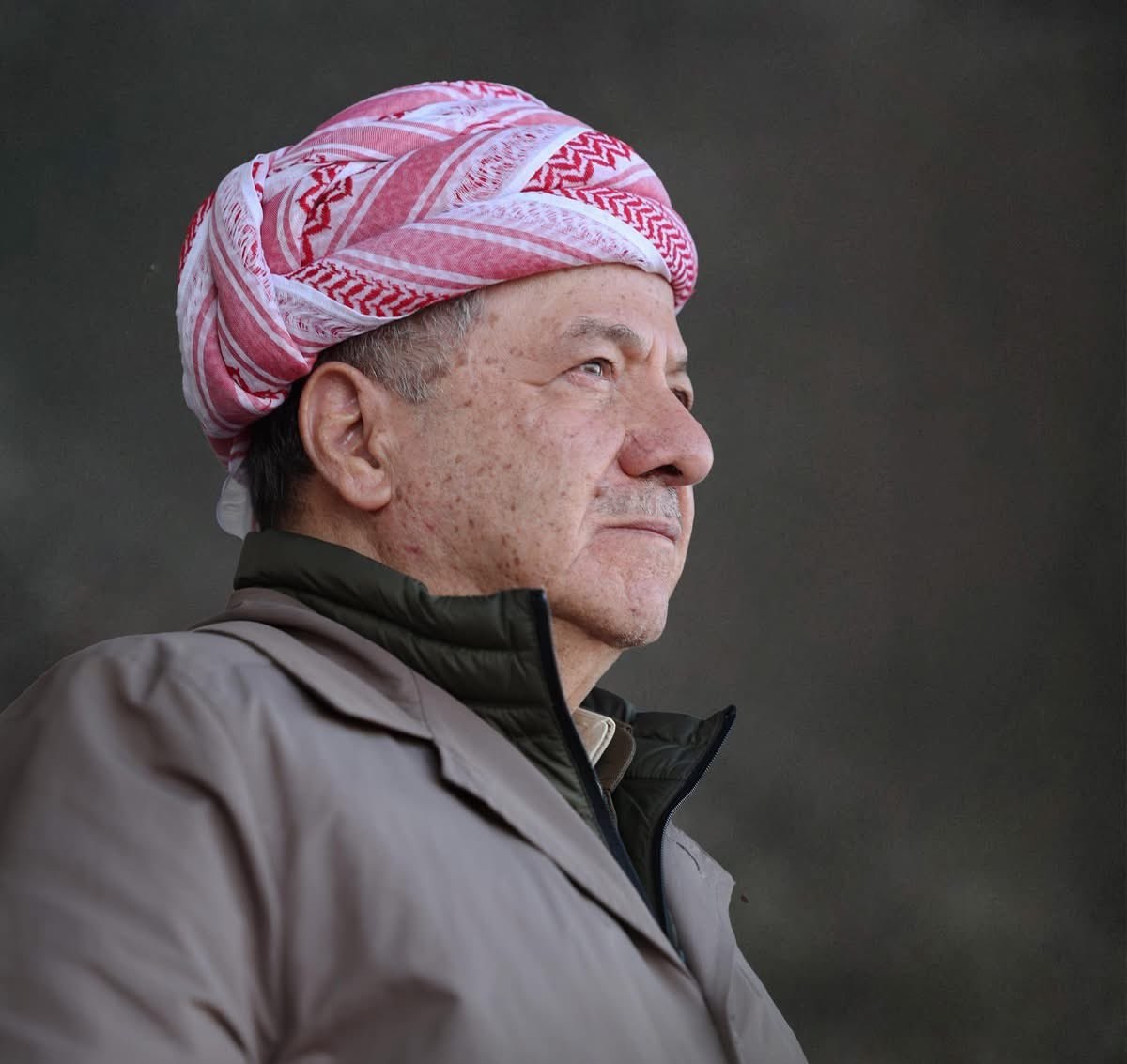The planned closure of internally displaced persons (IDP) camps in the Kurdistan Region by a July 30 deadline will imperil the rights of many camp residents from the northern Sinjar district, Human Rights Watch (HRW) said in a report on May 13.
Sinjar remains unsafe and lacks adequate social services to ensure the economic, social, and cultural rights of thousands of displaced people who may soon be forced to return, the report added.
The 23 camps across the Kurdistan Region currently host about 157,000 people, many of whom are from Sinjar, according to the Kurdistan Regional Government (KRG)’s Ministry of Interior.
Read More: Welcoming the Displaced: U.S. Consul General Praises Kurdistan Region
Although Baghdad wants to close the camps by July, KRG officials have emphasized that they will not forcibly return IDPs to their areas of origin.
“Many people from Sinjar have been living in camps since 2014 and they deserve to be able to go home, but returns need to be safe and voluntary,” said Iraq Researcher at HRW Sarah Sanbar. “Given the lack of services, infrastructure, and safety in the district, the government risks making an already bad situation worse.”
Read More: Sinjar Agreement Not Implemented: USCIRF
In October 2020, Baghdad and Erbil signed the Sinjar Agreement with support of the UN in order to stabilize the situation in the Yezidi-majority region of Sinjar, which would allow the return of displaced Yezidis.
Read More: U.S. Encourages Baghdad to Address Militia Presence in Sinjar
However, so far the agreement has not been implemented and militias continue to roam Sinjar.
A public employee in Nineveh Governorate told HRW that two schools in Khana Sor village are being occupied by armed groups, one by the police and the other by the Sinjar Resistance Units, a Yezidi-led militia with perceived links to the Kurdistan Workers’ Party.
He also said that four of the 24 schools damaged or destroyed during military operations had been rebuilt and were soon to reopen. However, he said that only 86 schools are currently operational out of the 206 that existed before 2014, and that they are overcrowded and facing a shortage of teachers.
Baghdad has said it would provide a package of aid and incentives for returnees, including a one-time payment of 4 million Iraqi dinars (about $3,000) per family, as well as government jobs. The federal government has also promised to help with the reconstruction of Sinjar.
In May 2023, HRW found that not a single person from Sinjar had received financial compensation for the loss of their property and livelihoods as required under Law No. 20 of 2009.
Two government officials told HRW that the delays in compensation payments were a result of “budgetary issues.”

